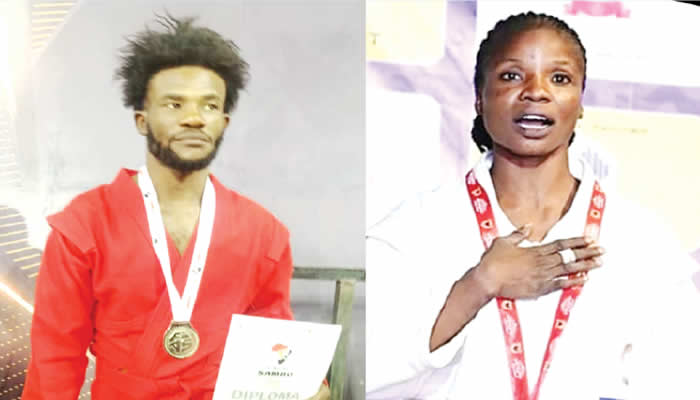The transition of former judokas to the world of sambo, a Russian martial art, has become increasingly common, with many athletes finding success and fulfillment in the new discipline. This migration, however, is often fueled by perceived injustices and frustrations within the judo community, leading many ex-judokas to lament the unfair treatment they experienced during their judo careers. This transition highlights not only the similarities between the two sports but also the underlying systemic issues within judo that push athletes to seek alternative platforms for competition and recognition.
Sambo, with its emphasis on grappling, throws, and submissions, offers a natural progression for judokas seeking a new competitive outlet. The technical skills honed over years of judo training are readily transferable to sambo, allowing athletes to quickly adapt and excel. Many ex-judokas have found that sambo provides a more welcoming and appreciative environment, free from the perceived biases and politics they experienced in judo. The success stories of these athletes in sambo competitions underscore the validity of their grievances and raise questions about the fairness and transparency of selection processes, coaching decisions, and overall athlete support within the judo world.
A recurring theme among ex-judokas transitioning to sambo is the frustration with subjective judging and perceived favoritism in judo. Athletes often express feeling overlooked or unfairly penalized, leading to disillusionment and a loss of motivation. The perceived lack of transparency and accountability in judging decisions creates an environment of mistrust and can discourage athletes from continuing in the sport. Sambo, in contrast, often presents a clearer and more objective judging system, which resonates with athletes seeking a fair and competitive playing field. This perceived difference in judging standards further fuels the exodus of judokas seeking a more meritocratic competitive environment.
Beyond judging controversies, many ex-judokas cite limited opportunities for growth and development within the judo community as another significant factor driving their transition to sambo. They often express feeling stifled by rigid coaching structures, limited access to high-level training resources, and a lack of individual attention. Sambo, with its growing international presence and expanding infrastructure, often provides a more dynamic and supportive environment for athletes seeking to further their careers. The availability of diverse training methodologies, access to experienced coaches, and opportunities to compete on the international stage attract judokas seeking a more fulfilling and rewarding athletic experience.
The financial aspect also plays a significant role in the decision of judokas to switch to sambo. While judo enjoys Olympic status and associated funding, the resources are often concentrated at the elite level, leaving many talented athletes struggling to secure adequate financial support. Sambo, on the other hand, with its increasing popularity and government backing in certain countries, offers emerging athletes more opportunities for financial stability through sponsorships, prize money, and stipends. This financial security allows athletes to focus on training and competition without the added pressure of financial strain, a significant factor influencing their decision to transition.
The collective experiences of these ex-judokas transitioning to sambo paint a concerning picture of the challenges and shortcomings within the judo community. While individual stories may vary, the recurring themes of perceived unfairness, limited opportunities, and lack of support highlight the need for introspection and reform within judo. The success of these athletes in sambo serves as a testament to their talent and resilience, but it also underscores the potential loss to the judo world. Addressing these issues is crucial for retaining talented athletes and ensuring the long-term health and vitality of the sport. The exodus of judokas to sambo should serve as a wake-up call for the judo community to create a more equitable, transparent, and supportive environment for all athletes, fostering a culture of fairness, opportunity, and growth. Ignoring these concerns risks further diminishing the talent pool and hindering the future development of the sport. The stories of these ex-judokas are not just individual accounts of frustration; they represent a systemic issue that demands attention and action.


